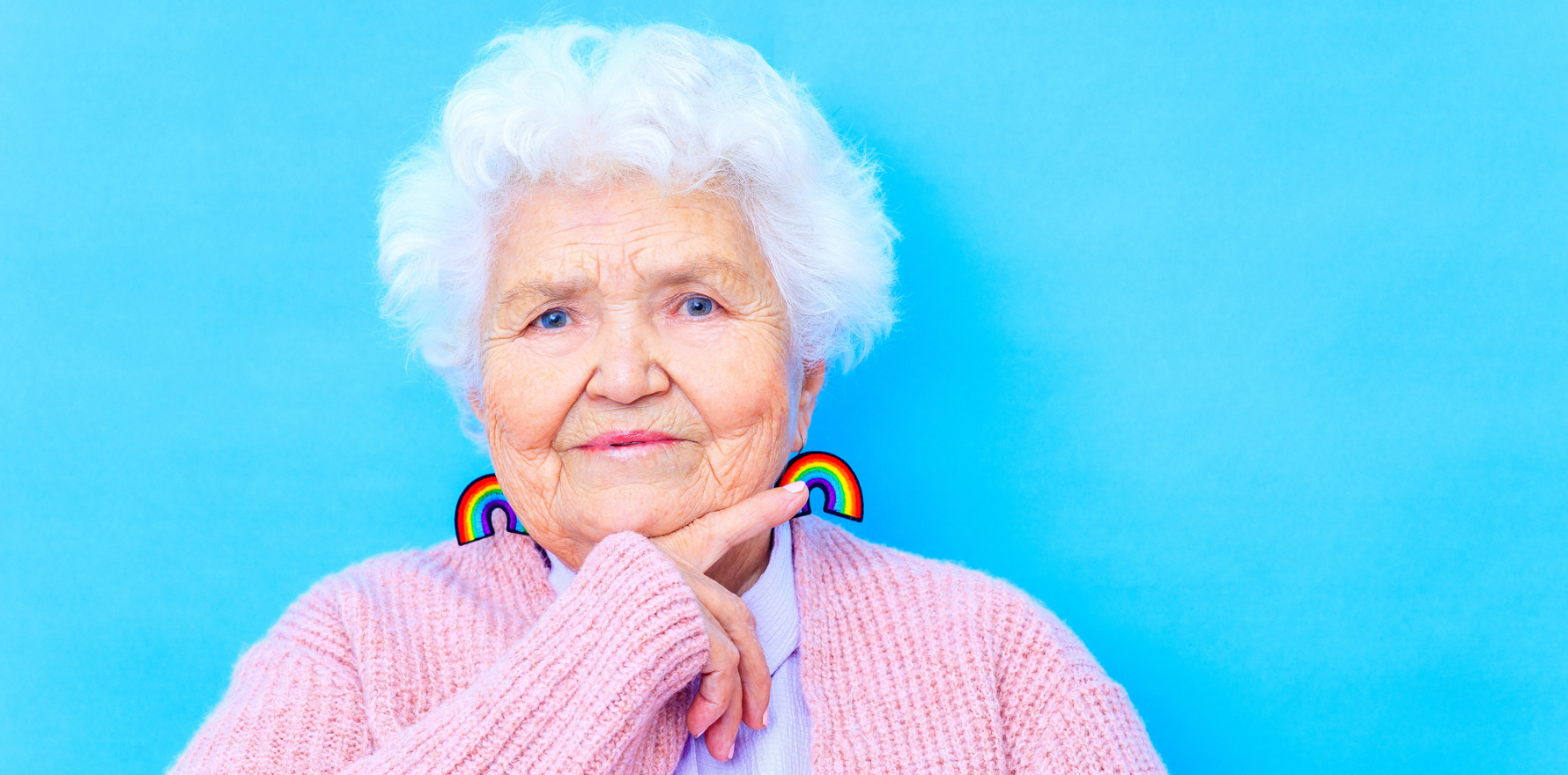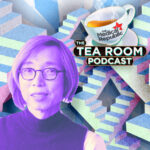Getting older comes with unique issues for LGBTQIA+ people needing support.
The perception of older LGBTQIA+ people as DINKs – double income, no kids – by policymakers, healthcare providers and corporations is disadvantaging the many who are economically challenged, say queer ageing advocates.
“There is this perception that the whole community is made up of DINKs, but there is a significant underbelly of older queer people who are not affluent,” said Corey Irlam, deputy chief executive of COTA (Community of The Ageing) Australia.
“The high flyers – those who are most affluent – are the most comfortable to be seen, but there is a lot of discrimination against those members of that underbelly.”
Mr Irlam was speaking at the Human Rights Conference being held as part of Sydney World Pride.
“Gay men, for example, don’t want to talk about getting older. For queer older women, the same issues exist as in the CIS-gendered community – financial insecurity, housing issues – but those are particularly felt in the LGBTQIA+ space,” he said.
As the queer community ages along with the rest of the Australian population, there has been a growing trend of older people returning to the closet, said Nicky Bath, CEO of LGBTIQ+ Health Australia.
“LGBTQIA+ elders face particular issues, especially in the context of aged care,” said Ms Bath. “Older members of the community have faced stigma, isolation and even criminalisation in the past and that has consequences for how private they are, particularly in communal environments like aged care.
“And that has consequences for LGBTQIA+ people with particular health needs, such as those with HIV.”
Mr Irlam pointed out that in comparison with many Asian and Pacific nations, Australian older queers were actually in a “very privileged position”.
“We have anti-discrimination laws – for example, the religious exception does not apply in aged care,” he said. “We have had a decade of laws and policies supporting the LGBTQIA+ community.
“Now the new frontier is ageism, both towards us and our own internalised ageism.”
One area of particular interest to health researchers focused on older LGBTQIA+ folk is the gaps in data due partly to the reluctance of patients in that group to disclose private information, and increasing invisibility with ageing.
“This is about the notion of the impact of minority stress and what it does to us over time,” said Ms Bath.
“Those data gaps exist partly because our elders are not being asked those questions in the first place. Asking the right questions in the right way is crucial.”
Mr Irlam agreed: “People who capture data need to explain why they are collecting it,” he said. “Explaining that the information will help inform the funding of services is more likely to get a response than just asking people to tick the boxes.”
LGBTQIA+ community members with disabilities were also represented on the last day of the conference, with participants emphasising the need for a “nothing about us without us” approach.
“When we don’t consider the intersection between being queer and having a disability we are excluding some members of the LBTQIA+ community,” said Sonny Jane, founder of the Drop In Care Space. “We need to be seen, listened to, accepted and included.
“If events are for us, we need to be at the forefront – we are the experts in our own lives. We know what we need.”





